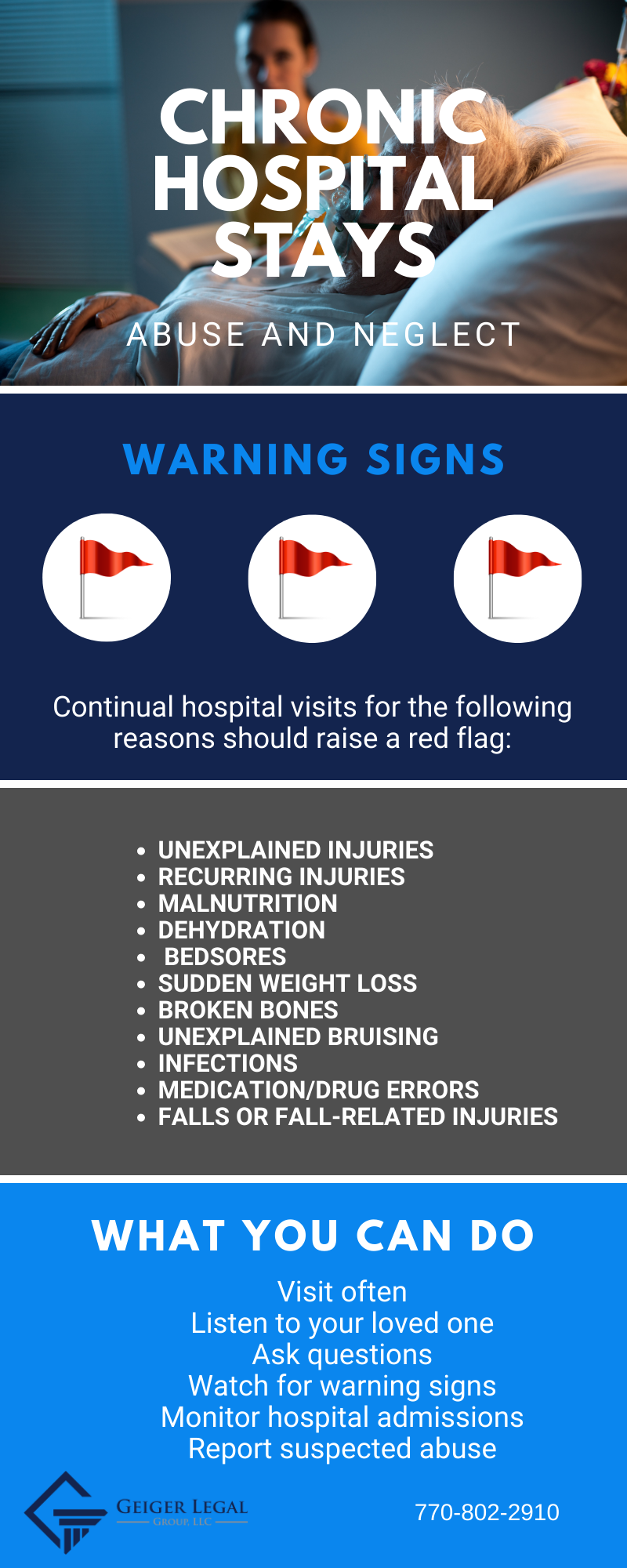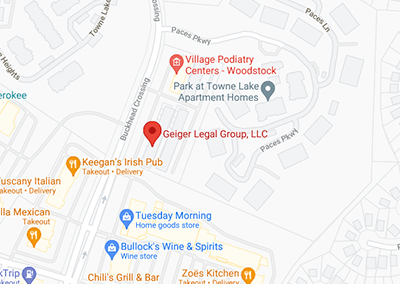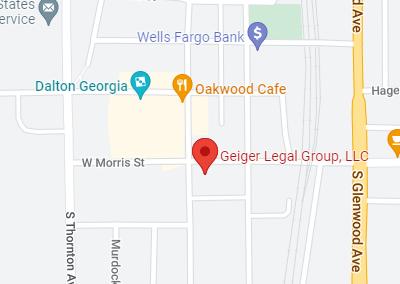When Hospital Visits Should Raise a Red Flag
Not every hospital visit of a nursing home resident is a red flag of abuse or neglect. However, there are warning signs to look out for when your loved one is hospitalized such as:
- Continual hospital visits
- Any unexplained injuries such as bruising, lacerations, or fractures
- Recurring injuries
- Malnutrition
- Dehydration
Georgia Statistics on Hospital Visits

In 2016, there were approximately 35.7 million hospital stays in the United States. People aged 65 and older make up just 16 percent of the U.S. population but nearly 40 percent of hospitalized adults. According to the National Center for Health Statistics, from 2009-2010, 19.6 million emergency room department visits in the U.S. were made by persons aged 65 or older. Click here to learn more.
Unfortunately, hospital visits are not always a positive thing for elderly patients. In fact, research shows that about 1/3 of elderly hospital patients over 70 and more than half of patients over 85-years-old, leave the hospital more disabled than when they arrived.
What Canton Doctors and Hospital Staff Should Be Doing
When your loved one is sent to the emergency room or admitted to the hospital, the doctors should be communicating with nursing home staff, your loved one’s primary care physician, other specialists your loved one may see, and your family. If good records are kept, continual hospital visits will be a red flag to the hospital staff if there is no valid explanation for your loved one’s injuries or illnesses.
To ensure a nursing home resident is discharged back to a safe and healthy environment, doctors, nurses, hospital staff, and social workers should interview the patient and/or family members to confirm there is no neglect or abuse involved. If abuse or neglect is suspected, it is during this interview that your concerns should be addressed.
What You Can Do
If your loved one has repeated hospital stays, there are steps you can take including, but not limited to:

- Watch for warning signs
- Document any signs of abuse or neglect (keep dated notes, take photographs of injuries and living conditions)
- Ask your loved one questions
- Ask the doctors, nurses, and hospital staff questions
- Ask the nursing home staff questions
- Visit often
- Listen to your loved one
- Monitor hospital admissions
- Contact an experienced nursing home abuse attorney if you suspect abuse or neglect
- Report any suspected abuse to the Department of Human Services Division of Aging Services
Click this link to report nursing home abuse or neglect.
If you believe your loved one has been victimized by nursing home abuse or neglect, contact Geiger Legal Group, LLC today to schedule a free, no-obligation consultation to discuss the details of your case, and to learn more about your legal rights and options. An experienced nursing home abuse attorney can negotiate on your behalf and hold the correct people responsible. Call us today at (770) 343-5380 or fill out our free case review form here.
If you believe your loved one is in immediate danger, call 911 and report it to the police.


















